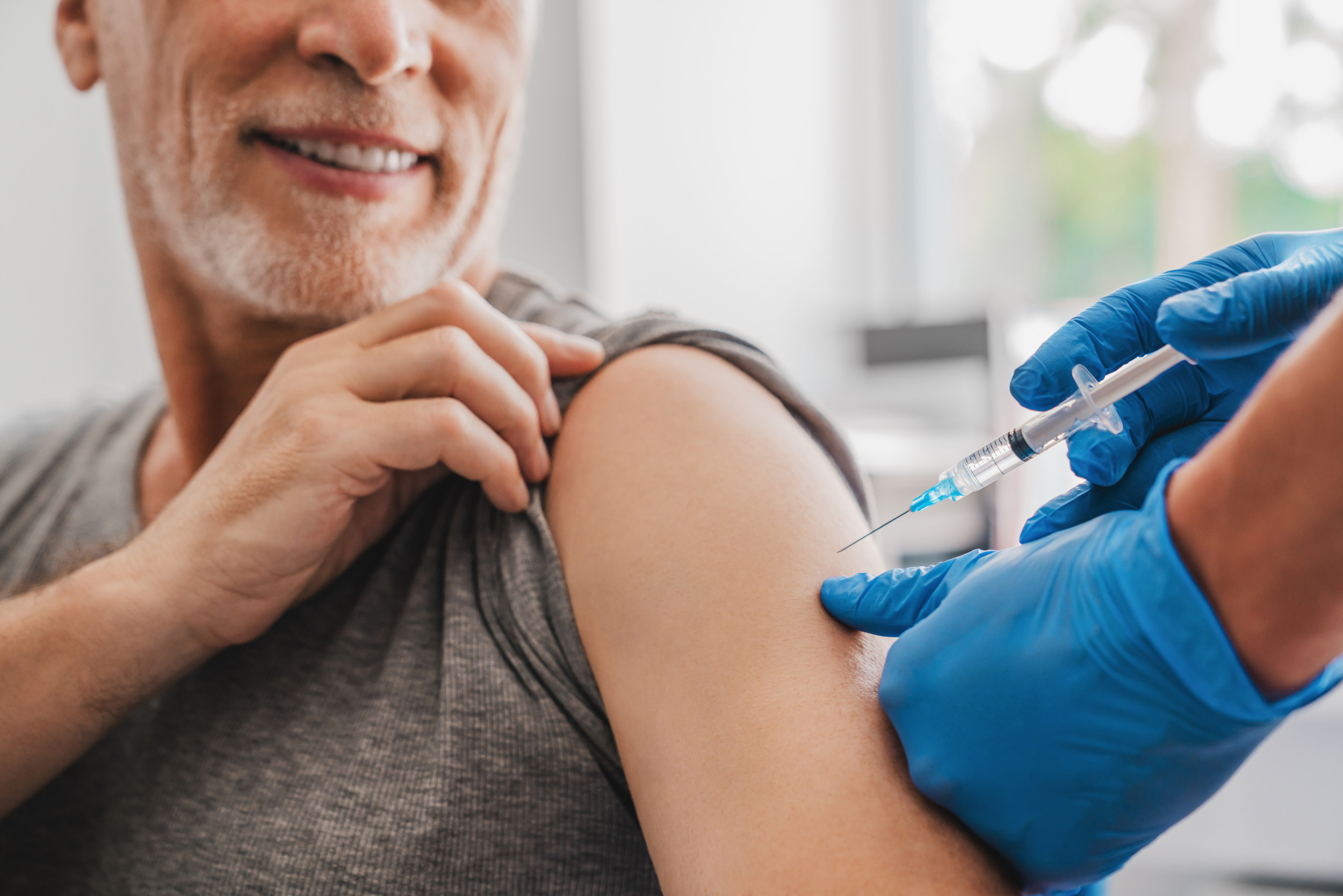A recent study highlights that Rhode Island boasts the highest vaccination rates in the U.S., while Mississippi has the lowest. This analysis, carried out by WalletHub, encompassed data from all 50 states and Washington D.C., collected as of August 12. The metrics examined included the vaccination rates among children, teens, and adults, as well as insurance coverage statistics.
Massachusetts, Maine, Washington State, and Maryland follow Rhode Island in the top five for vaccination rates. Conversely, Mississippi is accompanied by Alaska, Kentucky, Oklahoma, and Texas at the bottom of the list.
This study emerges as millions of uninsured Americans are set to face a $200 charge for COVID-19 vaccines due to the recent termination of the federal Bridge Access program, which previously offered free vaccines. The program ended after its budget was depleted and Congress ceased further funding.
WalletHub’s ranking was informed by data from several government and nonprofit sources, including the Centers for Disease Control and Prevention (CDC) and Kaiser Family Foundation, and analyzed three key areas: immunization rates for children and teens, adult vaccinations, and disparities in immunization uptake.
Each of the 16 metrics used for evaluation was graded on a scale of 100, where a higher score indicated better vaccination conditions. Specific rankings varied depending on age groups and vaccine types.
For instance, Washington, D.C. tops the flu vaccination rate chart for kids aged 6 months to 17, while Mississippi rates the lowest. Massachusetts leads in adult flu vaccinations, whereas Idaho is last. Vermont excels with the highest rate for adult tetanus vaccinations, and South Dakota has the most adults over 60 vaccinated against shingles; Mississippi ranks lowest in these categories too.
Additionally, Texas and Mississippi feature prominently among states with the highest uninsured rates, while Massachusetts and Rhode Island have the lowest. You can find the complete rankings on the WalletHub website.
While this study did not focus on COVID-19 vaccinations, the topic stirred significant debate during the pandemic that started in 2020. Research from November 2021 published in Scientific Reports indicated that over 20% of adults in major U.S. cities expressed hesitancy towards COVID-19 vaccinations due to concerns over their safety and effectiveness.
As reported by the CDC, as of May 11, 2023, only 22.5% of adults had received the updated COVID-19 vaccine. Vaccination rates tend to rise with age, peaking at 41.5% for those aged 75 and older.
The World Health Organization emphasizes that vaccines significantly reduce mortality, preventing countless diseases and helping people live longer, healthier lives.

